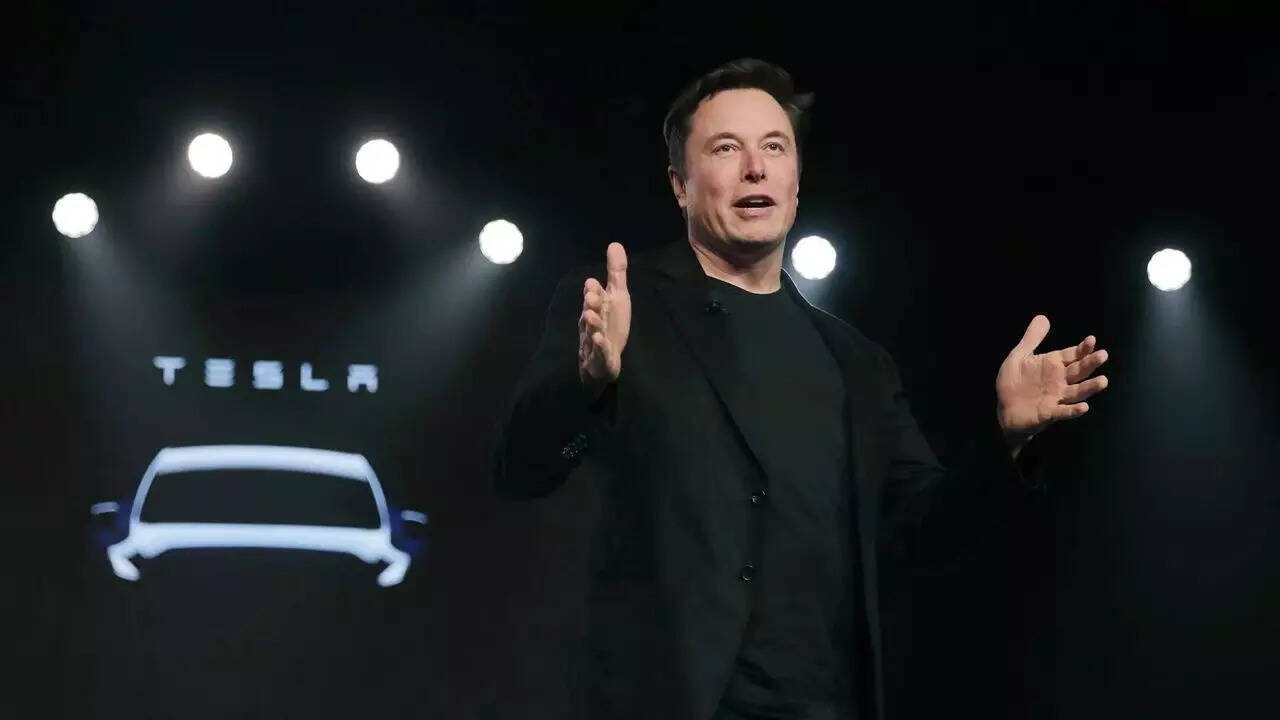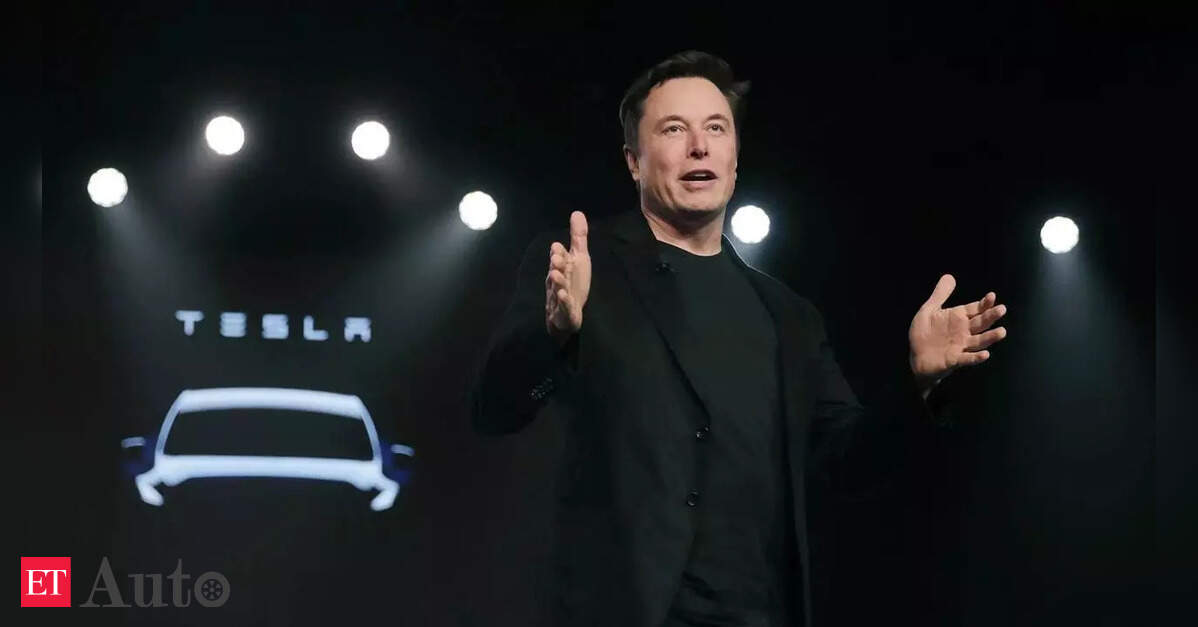
Tesla seems prepared to replace its chief if things don’t go as planned at the upcoming shareholders’ meeting. A new report claims that the EV maker is set to name a new CEO from within the company if shareholders don’t approve the current CEO, who is also the world’s richest person, Elon Musk’s proposed $1 trillion pay package, and he decides to leave. Robyn Denholm, the chairman of Tesla’s board, confirmed that to ensure an “orderly transition, the most likely would be internal,” yet she did not rule out considering outside candidates. The comments came during a series of media interviews and investor meetings to gain support for the pay package, which will be voted on at the company’s annual meeting on November 6. If the effort fails, the company said it’s ready with a “Plan B.” In a statement to Bloomberg, Denholm said the company has a group of executives, which includes global production chief and China head Tom Zhu, among others. For instance, Zhu has worked in multiple capacities across the company, an intentional move to develop people internally, Denholm added.
She said there is a “whole range of different alternatives out there,” including having more than one person run the company.
“I’ve had the conversations with him directly. There’s no question in my mind that if we don’t get this across, there is a high probability” that Musk would distance himself from the company or reduce his involvement, Tesla board’s chairman noted.
Denholm said investors often wait until the last minute, and the company can’t take anything for granted. With retail shareholders making up about 30per cent of the investor base, the company decided to run a campaign to encourage voting.
She and other board members, including James Murdoch and former Chipotle CFO Jack Hartung, have been meeting with Tesla’s institutional shareholders, which include Vanguard Group, BlackRock Inc. and State Street Corp. Many investors follow recommendations from proxy advisers like ISS and Glass Lewis, which both advised investors to vote against the package in separate reports.
“There is no guarantee. There is a large contingent of passive investors who actually follow their guidance, so we have to counter that with them directly,” Denholm added.




